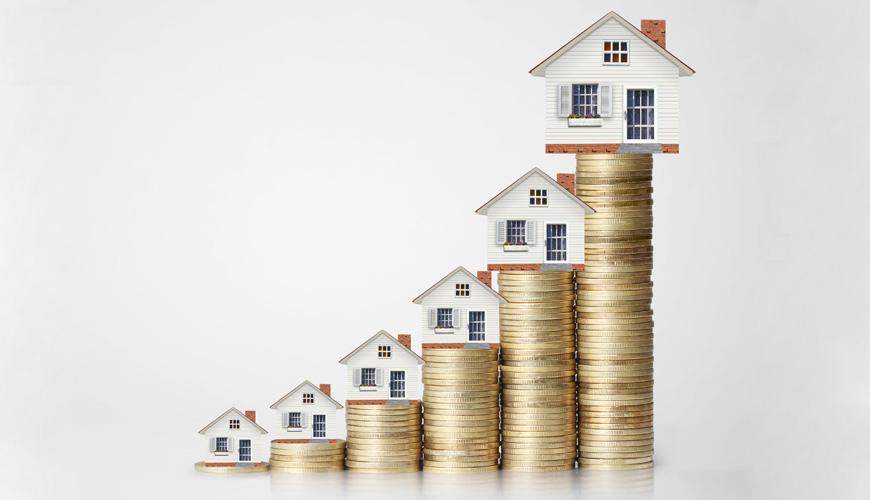8 Reasons to sell your investment property

Knowing when to sell or hold an asset is a crucial part of investing. With investment property, a number of factors will influence your decision. Here’s what you should consider.
A decision to sell a long-term asset such as a property can sometimes be a challenging decision for an investor, more so for a novice investor.
Every property investor will be confronted with this question at some point in their investment journey. Therefore, knowing when to sell or hold your investment property is essential when building a portfolio.
8 reasons why investors end up selling their properties:
- Exit strategy – some investors venture into property having already developed an exit plan, which consists of selling the properties and using the funds for alternative business interests.
- Recycling equity – this involves selling a property and using the equity to buy a better performing one. When going for this strategy, it is essential to take into account the costs involved in selling and acquiring a new property and whether the returns will be better in the long-term.
- Poor performance – if a property fails to provide good rental yield and capital returns for at least five to 10 years, it may be considered to be performing poorly and eventually sold.
- Diversification – property investors may sell some of their properties to unlock capital and diversify their financial risk into another asset class, such as listed equities.
- Deteriorating neighborhood – selling the property due to unfavorable changes in the neighborhood is common for inexperienced investors who did not conduct proper research when acquiring the property.
This could also have been the investor’s former place of residence, which they decided to rent out after moving out.
- Life changing events – major life changing events like getting married or having children may lead investors to sell their properties and seek a new direction in life.
- Market timing – new investors who do not adequately understand how the property cycle works may be tempted to sell when market conditions seem unfavorable.
- Negative Cash Flow - On the other side of real estate investing, sometimes the cost of your property exceeds the income brought in. Hoping that things change in the future and emotional attachment can cause investors to freeze up, but it’s best to sell a negative cash flow property sooner than later. Unless there are absolute sure signs of rental prices to appreciate, you shouldn’t speculate that things will change for the better in the future.
There are many circumstances and underlying factors that may lead you to consider selling or holding your investment property. The decision should ultimately be based on your current circumstances, investment strategy and what you aim to achieve.













